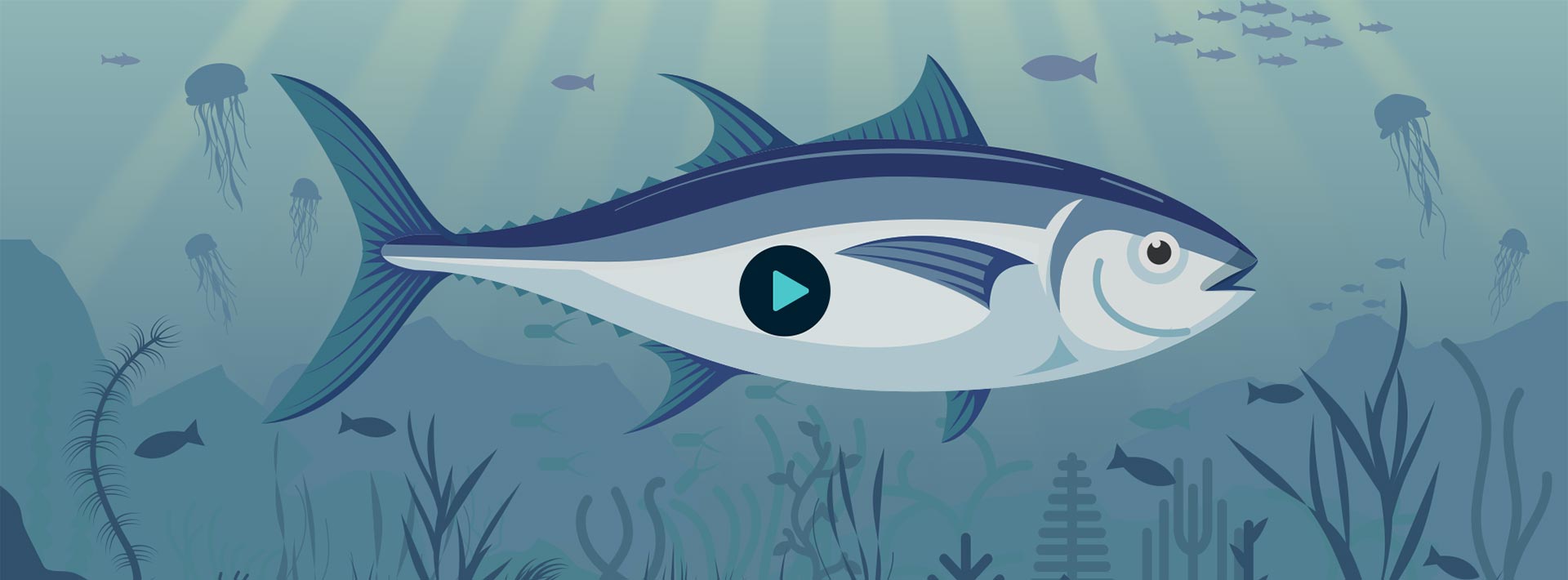
Video Language Options: Español 🇪🇸 • Français 🇫🇷 • Português 🇧🇷 • 汉语 🇨🇳 • 漢語 🇨🇳 • عربى 🇲🇦
Harvest strategies, also known as management procedures, are pre-agreed frameworks for making fisheries management decisions, such as setting catch limits. They are akin to agreeing to the rules before playing the game and shift the perspective from short-term reactive decision-making to a proactive approach designed to achieve a long-term vision for the fish and fishery.
Harvest strategies include the following basic elements:
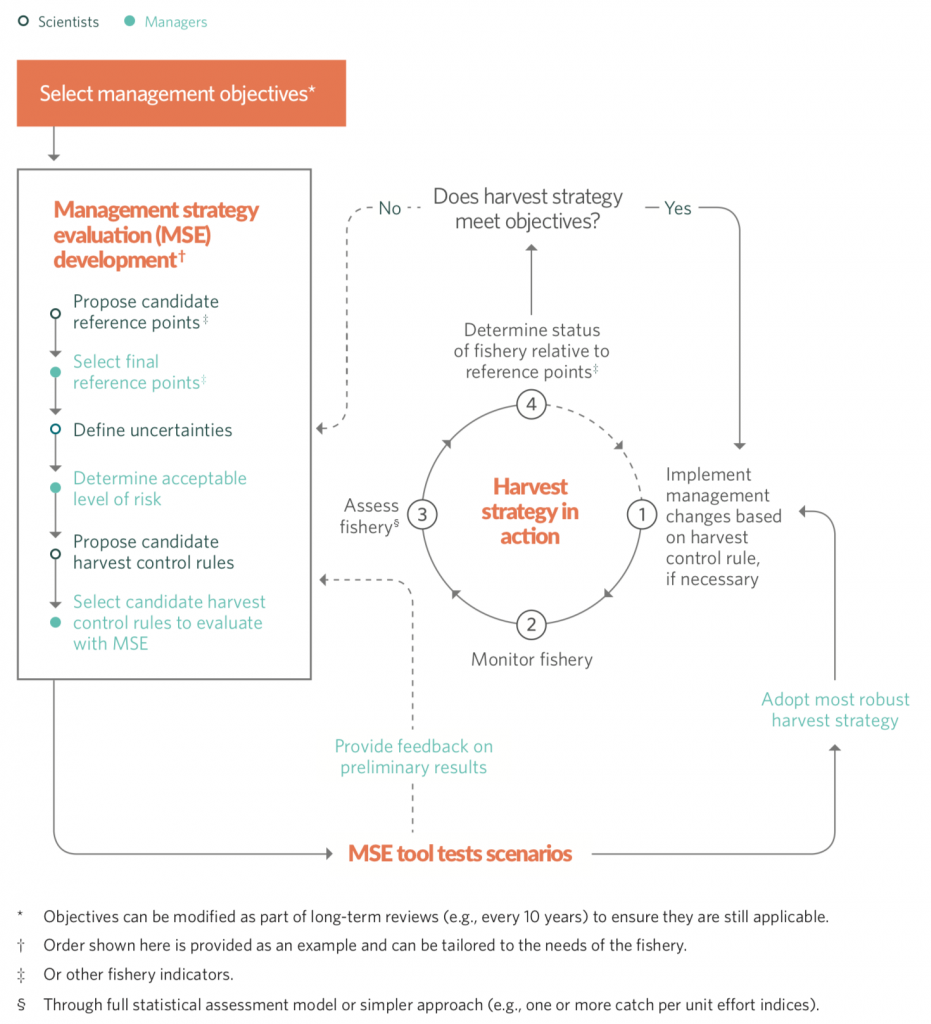
If designed correctly, harvest strategies benefit both the fish and fishermen (see below for the advantages of HS- based management). Recognizing the effectiveness of these tools, many international fisheries management bodies are developing or implementing strategies appropriate for their fisheries.
Effective harvest strategies can:
FACTSHEET: Harvest Strategies: 21st Century Fisheries Management; Language Options: Español 🇪🇸 • Français 🇫🇷 • ไทย 🇹🇭 • 日本 🇯🇵 • Português 🇧🇷 • 汉语 🇨🇳 • 漢語 🇨🇳 • 한국어 🇰🇷 • عربى 🇲🇦
FACTSHEET: Harvest Strategies: The Next Phase of Fisheries Management; Language Options: Español 🇪🇸 • Français 🇫🇷 • 日本語 🇯🇵 • ไทย 🇹🇭
We're co-hosting a regional fisheries workshop in Egypt this week, bringing together GFCM & ICCAT managers and scientists. The focus: harvest strategies and management strategy evaluation.
More on the workshop: https://tinyurl.com/3bu6ftx4
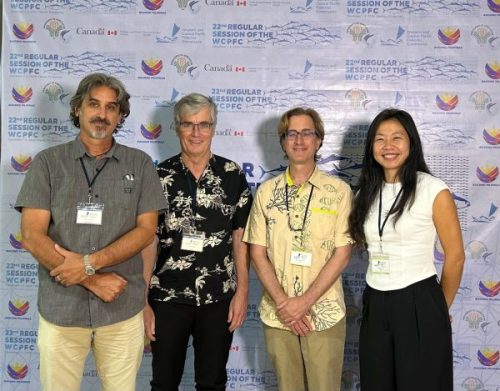
February 19, 2026
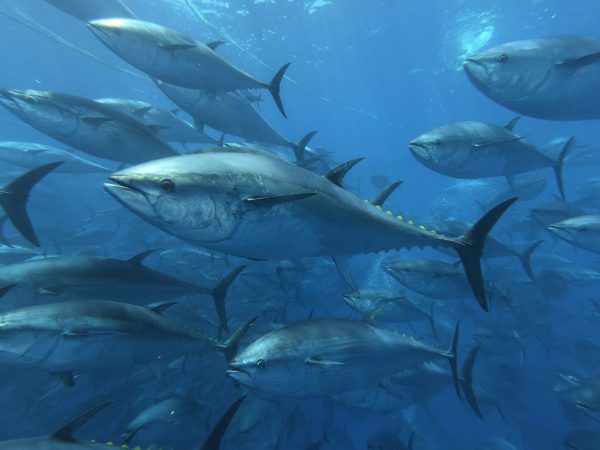
February 17, 2026
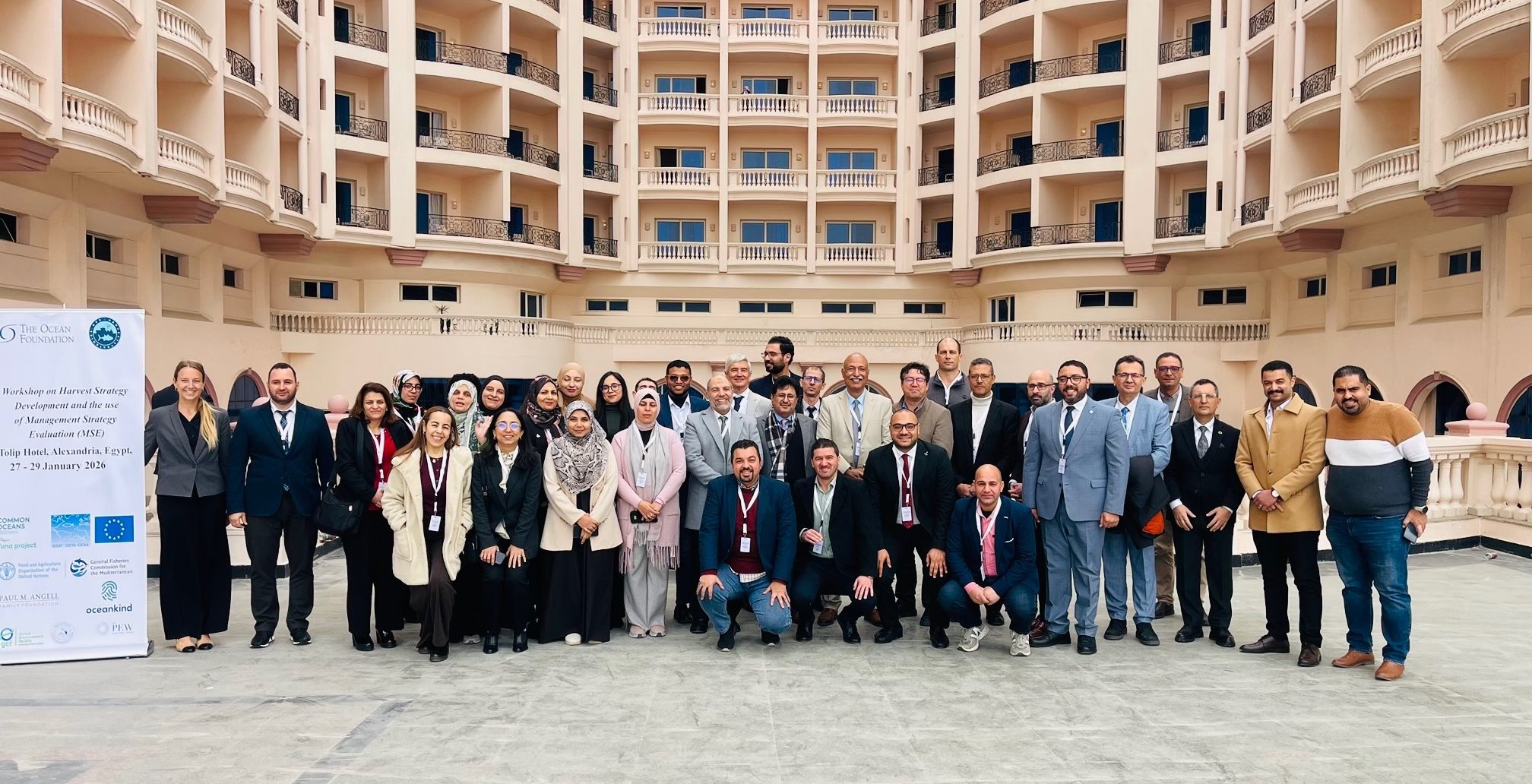
February 11, 2026
HarvestStrategies.org serves as a resource for fisheries scientists, managers, and other stakeholders, compiling information about how harvest strategies work and how implementing this pioneering management approach can lead to sustainable, profitable fisheries and successful recovery programs for many species around the world. The site is managed by The Ocean Foundation’s International Fisheries Conservation Project with support from The Pew Charitable Trusts and the Common Oceans Tuna Fisheries Project, which is funded by GEF and implemented by FAO.
| Status | Description |
|---|---|
| This item has been adopted | |
| This item is in development | |
| This item is behind / stalled | |
| This item has not been started yet |